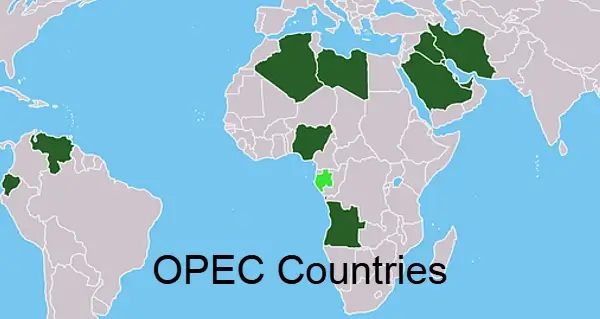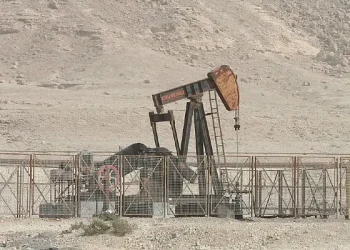The Organization of the Petroleum Exporting Countries (OPEC) has officially partnered with African Energy Week (AEW) 2025, marking a historic moment for Africa’s place in the global energy dialogue.
This strategic alliance aims to boost investment, expand clean cooking access, and secure Africa’s role as a leader in energy policy.
Introduction
In Cape Town, South Africa, the African Energy Chamber confirmed OPEC’s official participation in AEW 2025, taking place from September 29 to October 3.
The partnership unites major African oil and gas producers with global energy decision-makers, strengthening the continent’s influence, investment appeal, and ability to set its own energy development agenda.
Africa’s Rising Influence in Global Energy
OPEC’s engagement comes at a time when African producers like Nigeria, Algeria, Libya, and the Republic of the Congo are already vital to the organization’s global supply strategy. Emerging producers such as Namibia and Senegal are also gaining prominence.
With African OPEC+ members like South Sudan and observers like Egypt, the continent now forms a robust bloc capable of shaping upstream policy and mobilizing capital for major infrastructure projects.
Saudi Arabia’s Expanding Energy Footprint
Saudi Arabia’s investments across Africa reflect a deepening commitment to the continent’s energy future. Projects include Egypt’s Kom Ombo solar plant, South Africa’s Project DAO hybrid facility, and partnerships through ACWA Power.
This integration of renewable and fossil fuel strategies positions Africa as both a supplier and a strategic partner in global markets.
Clean Cooking: A Development and Market Priority
Nearly one billion Africans lack access to clean cooking solutions. Expanding the use of LPG and other cleaner fuels can:
-
Reduce deforestation and environmental damage
-
Improve public health and gender equity
For OPEC and OPEC+ producers, this represents not just a moral obligation but a growth market that aligns with increasing gas production and infrastructure investments.
Policy and Investment Opportunities
OPEC’s presence at AEW 2025 aligns with efforts to unlock upstream investment, counter restrictive fossil fuel financing bans, and promote equitable development.
The African Energy Chamber has called on global lenders, including the World Bank, to revise policies that limit African energy projects.
African Energy Week 2025 – Strategic Impact
| Focal Areas | Impact for Africa |
|---|---|
| Upstream investment | Mobilizes capital for oil and gas development |
| Renewable integration | Boosts solar, wind, and hybrid projects |
| Clean cooking access | Expands LPG adoption and infrastructure |
| Regional policy alignment | Strengthens unified African voice in OPEC debates |
A Platform for Deals and Dialogue
AEW 2025 will feature high-level ministerial participation, investment forums, and deal-signing sessions. It offers a unique space for aligning African priorities with global market trends and ensuring African leaders are at the forefront of negotiations.
NJ Ayuk, Executive Chairman of the African Energy Chamber, called the partnership a “game-changer” that positions Africa not as a passive participant but as an active leader in shaping global energy policy.
Looking Ahead
With OPEC and Saudi Arabia committed to both fossil fuel and renewable development in Africa, AEW 2025 is set to be a pivotal event. The collaboration will likely accelerate infrastructure growth, clean cooking initiatives, and regional energy integration.
A Final Reflection
The OPEC–African Energy Week partnership marks a new chapter for the continent’s role in global energy.
By combining policy influence, investment opportunities, and development priorities, the alliance has the potential to deliver lasting benefits for African economies and communities.
Source: African Energy Chamber.
Prepared by Ivan Alexander Golden, Founder of THX News™, an independent news organization delivering timely insights from global official sources. Combines AI-analyzed research with human-edited accuracy and context.









